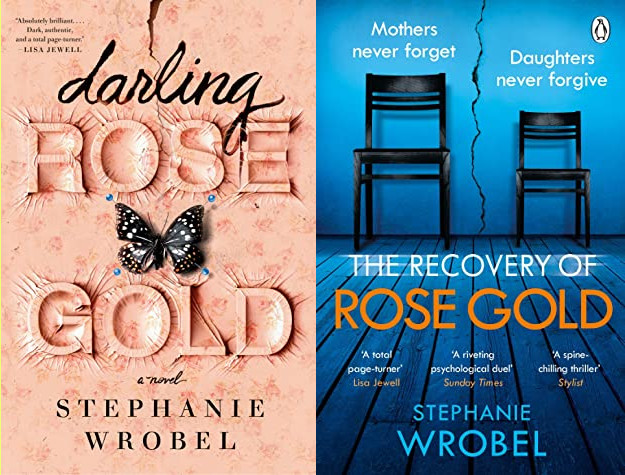When I began to read Darling Rose Gold, I anticipated a dark tale that would leave me wishing I had not. But from the first page, I found its portrayal of a severely dysfunctional little family compelling rather than distasteful.
Chapter by chapter, the thoughts of mother and daughter show their respective perceptions of their relationship with each other and their interactions with the rest of their acquaintances. Particularly thought provoking are the questions and assumptions the socially inept title character runs through in her mind during each contact―the notions most of us no doubt sift instantaneously when faced with an unfamiliar situation. The self-conscious thought processes of a young woman who has spent her life sheltered by an overbearing and subtly abusive mother set one to wondering if we all unconsciously judge ourselves and others in a similar manner. And the self-righteousness of the mother who uses her daughter’s apparent weakness as a means to gain approval and sympathy from the people of her town, as well as love and gratitude from the child she smothers with constant attention, shows a level of pathological denial that explains a great deal of aberrant behaviour.
But Rose Gold is not as weak or under as much control as her mother assumes. And when Rose’s secret late-night online activities reveal to her the true cause of her many illnesses, her life and her relationship with her mother take a radical turn.
Rose Gold begins to take her life into her own hands, and Mama finds that her daughter is smarter and stronger than she thought.
Karma can be a bitch.
Do books you choose sometimes surprise you?



